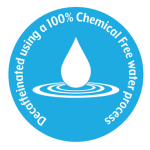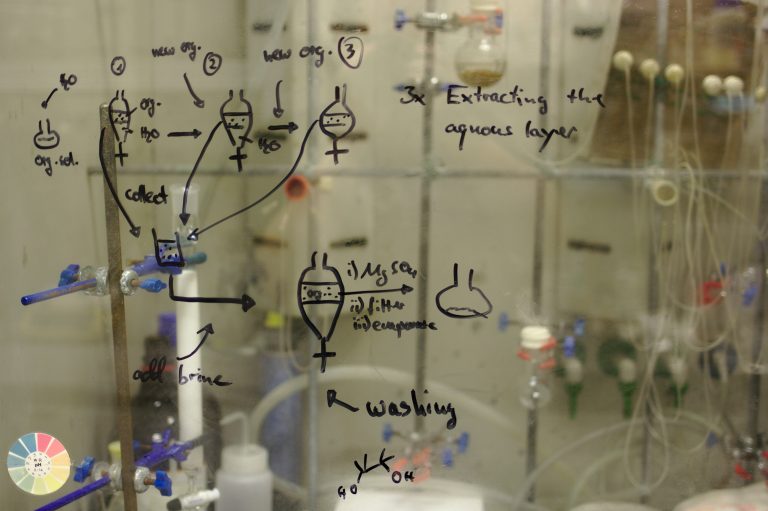Mountain Water Process Decaffeination
All of our coffees are certified organic including our decafs. So without looking more deeply, you can be certain that all of our decaf coffees are processed without chemicals.
By contrast, conventionally decaffeinated coffees use Methyl Chloride. The chemical is already banned in other products, like paint removers (as of 2019) and is classified as toxic waste!
So how does water processed decaffeination work? Here is a video that demonstrates it in 1 minute.
The Mountain Water Decaf Process
All of our coffees are decaffeinated with the Mountain Water decaf process. It is similar to the Swiss Water process, so if you want to learn more you can do a search for that.
Green coffee beans are decaffeinated before they are roasted. The process works by using molecular diffusion: the movement of molecules from a region of higher concentration to a region of lower concentration.
The magic of water process decaffeination is the preparation of the Green Coffee Extract (GCE) that is used in the subsequent stages of the process.

- Prepare Green Coffee Extract (GCE)
The GCE is used in the subsequent diffusion process. GCE starter beans are soaked in clean mountain water. This draws the soluble flavour molecules and the caffeine out of the beans into the GCE. The GCE is then filtered to remove the caffeine while leaving the flavour molecules at high concentration in the GCE. - Soak Beans in the caffeine filtered GCE
Because the GCE is now saturated with the flavour molecules and has virtually no caffeine molecules, when a fresh batch of coffee is soaked in the GCE, the water draws out the caffeine by diffusion. Conversely, the flavour molecules are not drawn out because the GCE is already saturated with these molecules. - Dry the decaffeinated beans
The beans are now decaffeinated. The beans are dried during several stages of drying.
